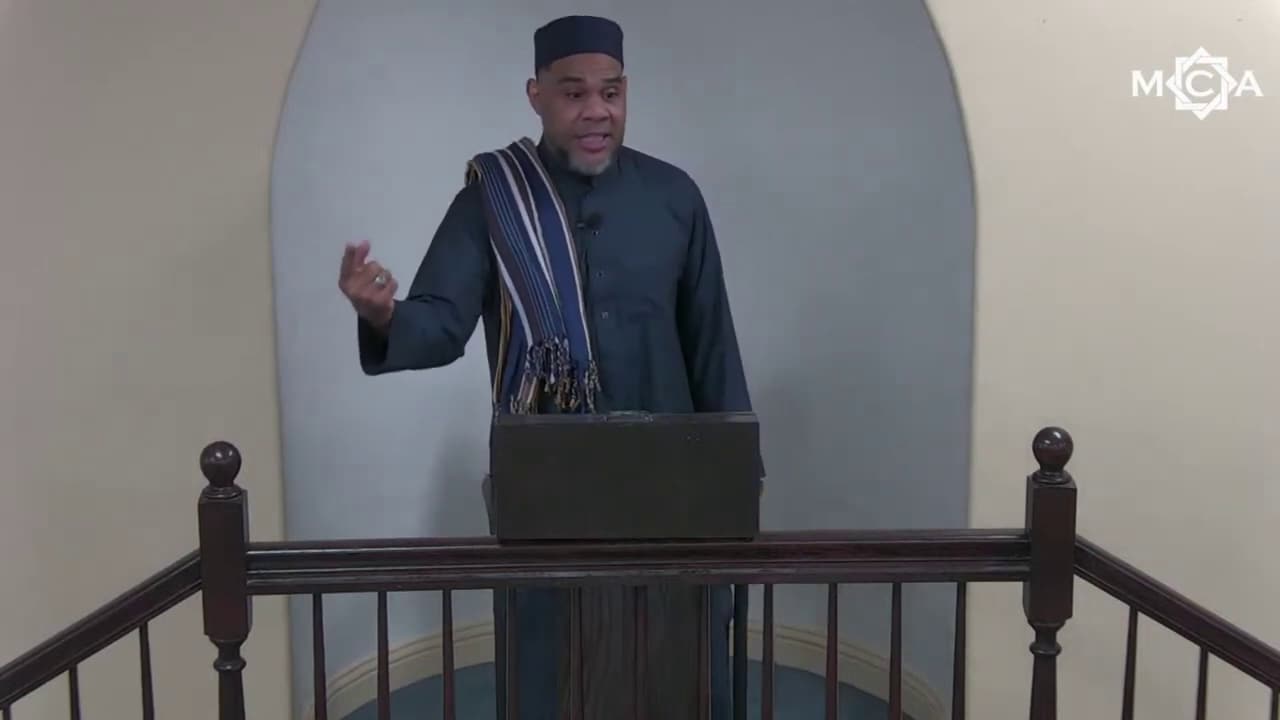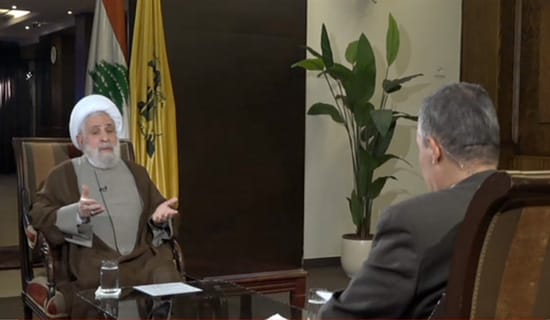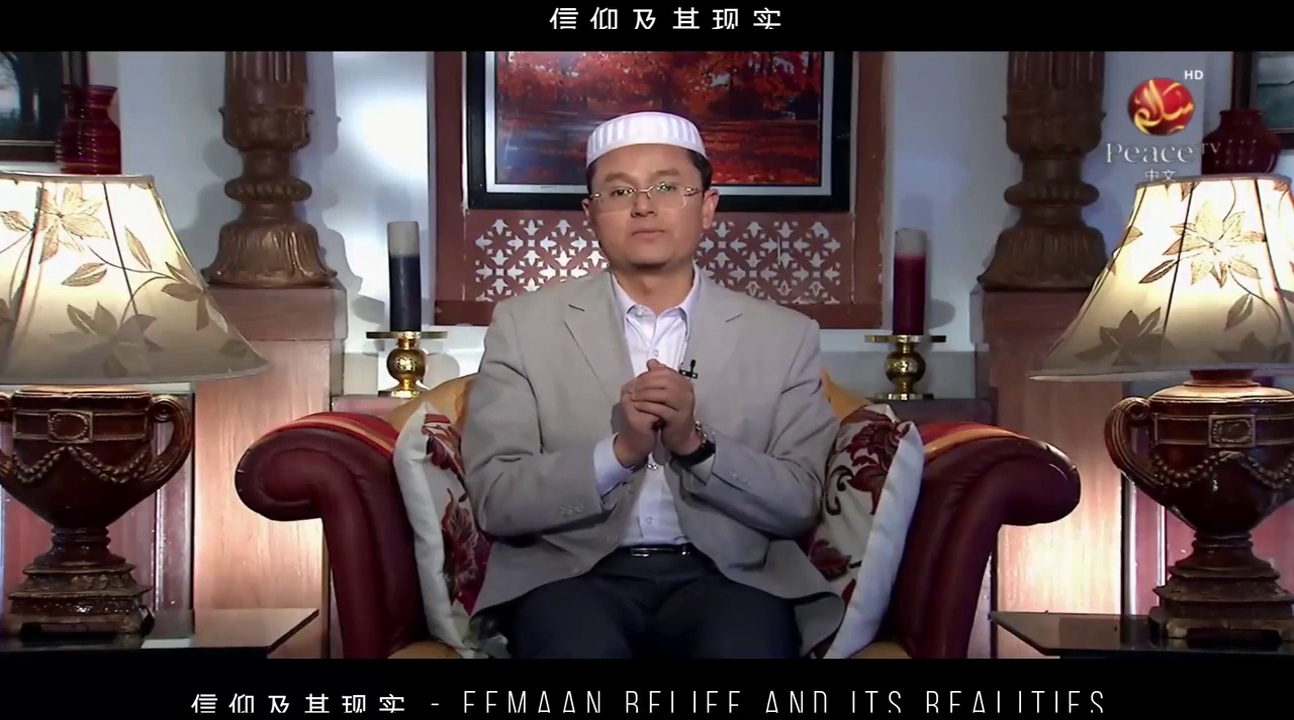
Sheikh Naim Qassem, the Deputy Secretary-General of Hizbullah, said in a July 22, 2019 interview on Mayadeen TV that Israel and its important sites are vulnerable to Hizbullah's weapons no matter how much it fortifies them. He said Hizbullah would target sites throughout Israel in a conflict and that Hizbullah has increased its preparedness and the quality of its equipment such that no measures can effectively protect Israel's domestic front from it. He explained that a war between the U.S. and Iran would spread to the entire region and that the entire Middle East would be "ablaze" with conflict between the pro-American block and the pro-Iran block. Commenting on Argentina's designation of Hizbullah as a terrorist organization, Sheikh Qassem said that this is a result of pressure exerted by the U.S. on the countries of the world to aid in its plan of "besieging" Hizbullah. He also denied any connection between Hizbullah and the explosions that have taken place in Argentina. In addition, Sheikh Qassem said that though relations between Hamas and Hizbullah had been a bit cold during the height of the Syrian crisis, their relations have since been restored to an even better state than they had been in before.
Sheikh Naim Qassem: "When Israel fortifies 20 sites that it considers to be important, it does not mean that these sites are out of range for the resistance missiles and their impact. At the end of the day, every fortification can be affected by something. In addition, there will be many sites in Israel that will be targeted, and they will be throughout the land. So they take their precautions but the resistance also amasses power, improves the precision of its missiles, and intensifies its already-existing preparedness. This has been our way since 2006. We have amassed many times more the power that we had then. Our force is much more significant in number and quality, so we can confront the Israeli enemy and all its self-protection measures. Today, everybody knows that no measures can effectively protect the domestic front of the Israeli entity.
[…]
"When a war is waged against Iran, we don't expect it to remain limited in scope. We expect the war to spread to the entire region. Some parties will be on the side of America and some on the side of Iran. So the entire region will be ablaze because of the war America might force upon Iran.
[…]
"The resistance front will act like one block, just like the opposing side will constitute a block. Therefore, Israel will be part of the war waged by the U.S. against Iran, and we will also be interested, when the fire reaches the border of the resistance axis, because it is all on big story – not different chapters.
[…]
"Argentina's designation of Hizbullah as a terrorist organization is a political position that is connected to the pressure exerted on several countries by America. Everybody knows the scope of pressure exerted on the Europeans to designate Hizbullah as a terrorist group, both in the military and political aspects. The Argentinian measure constitutes a political position connected with America's plan to besiege us throughout the world. Hizbullah does not have money, assets, banks, or anything that merits such a measure. We have nothing to do with the explosions that took place in Argentina.
[…]
"Even at the height of the Syrian crisis, when we had differences of opinion regarding Syria, we were in contact with Hamas. We did not cut off our relations, and neither did they, although there was some coldness. Now I can say that the relations between Hizbullah and Hamas have been restored to what they had been in the past, and they are even better than that."













